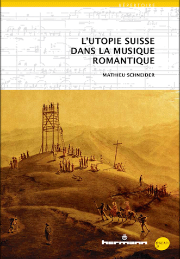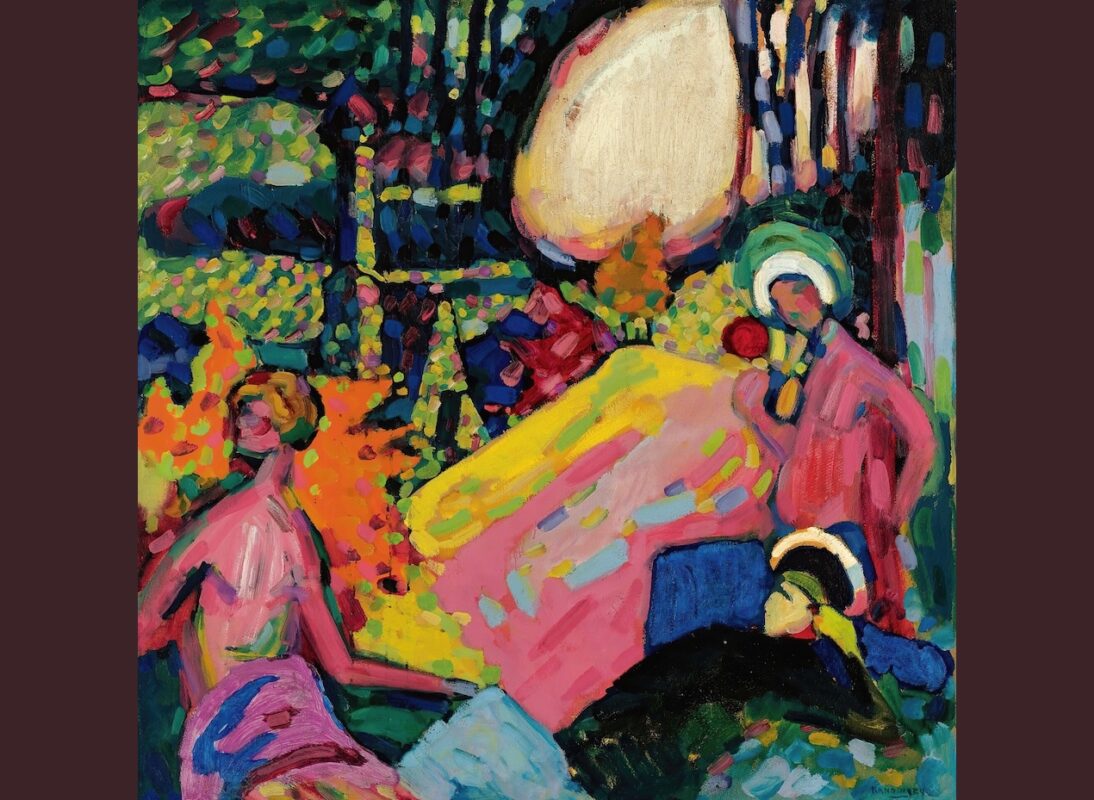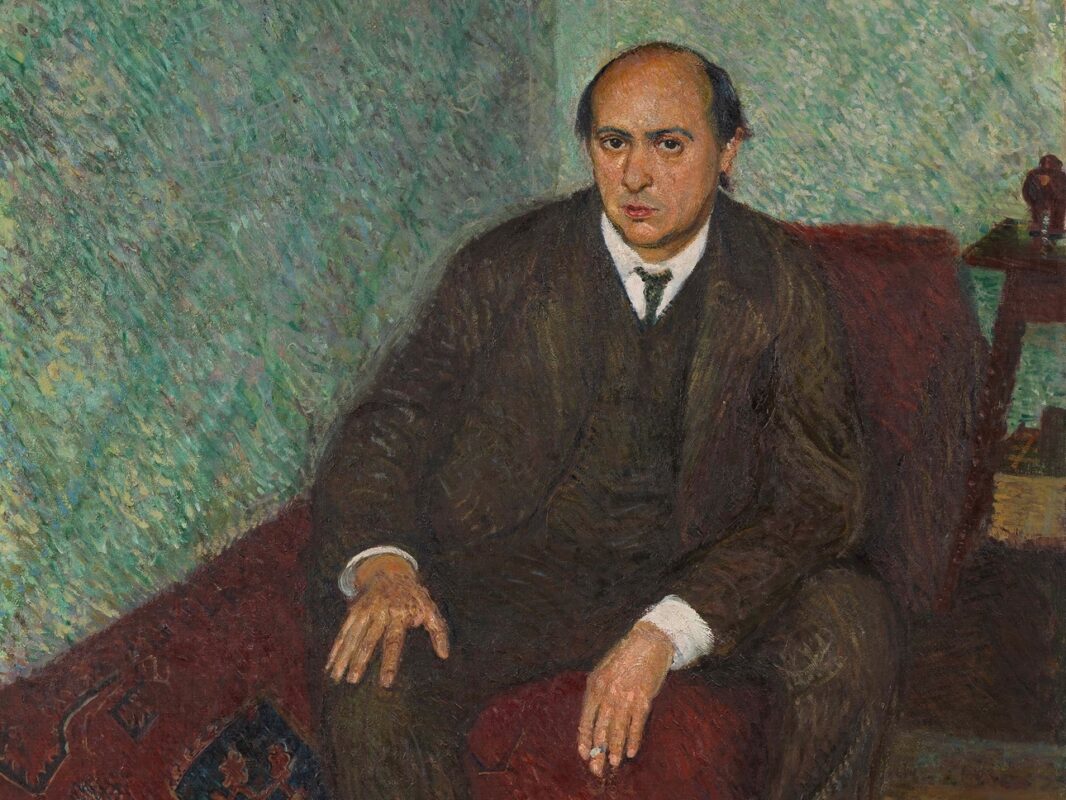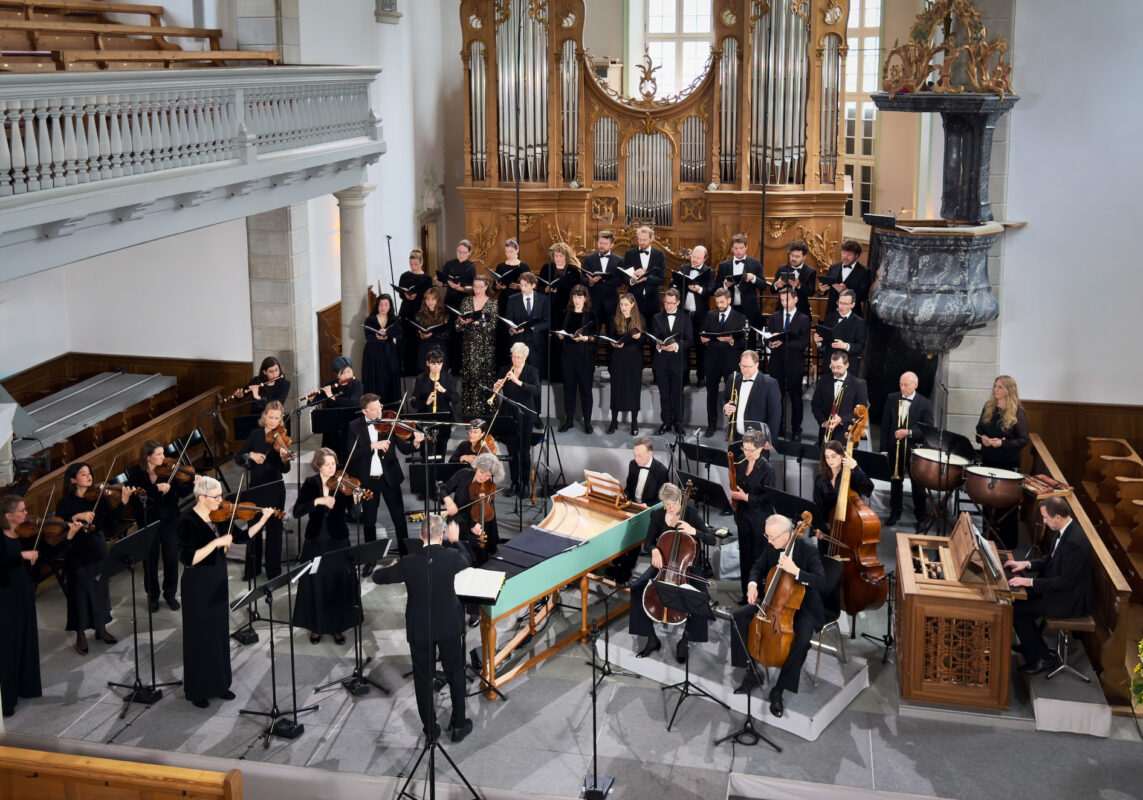Swissness in music
Mathieu Schneider has analyzed 250 musical works that refer to Switzerland, highlighting the role of music in shaping the country's identity.

Since the 1760s, countless operas, lieder, incidental music and instrumental pieces have made reference to the Alps and Switzerland in particular, although this musical repertoire is largely forgotten today. Although Switzerland's current territory was defined by the Treaty of Vienna in 1815, this celebration of Swissness began long before that. But how can we explain the fascination of audiences in neighbouring countries with music inspired by Switzerland? How can we explain the fact that Switzerland has inspired so many composers? Does this inspiration manifest itself in the same way in foreign composers as it does in Swiss ones?
The Alpine region is the starting point for this analysis. Inspired by the texts of Jean-Jacques Rousseau and Lord Byron, painters and composers celebrated the simple, rustic life of the Alpine valleys, while industrialization contributed to the standardization of products and the concentration of populations in urban centers. The author, who wrote the present work as his habilitation thesis, bases his analysis on some 250 musical works written between 1750 and 1919 that refer to Switzerland and that he has catalogued. His spatial approach is also reflected in his methodology, insofar as in the first part of the book, the author effectively starts from the "cow floor", studying the interactions between agricultural activities, landscape and society to explain the fascination exerted by the music associated with Switzerland par excellence: the song of the ranz des vaches and the sound of the alphorn. In the second part, spatiality is more metaphorical: it refers to the echo produced by Swiss music (or music associated with Switzerland), in a sublimated or transcended form, in Romantic composers.
Switzerland and the Swiss are poorly informed about their musical past, with Swiss musical historiography lagging behind. So it's hardly surprising that they struggle to recognize their contribution to the European musical tradition. This study is an eye-opener. Under Mathieu Schneider's expert and skilful pen, we discover that the very idea of Romanticism originated in our country. Through this cross-disciplinary approach and a subtle play of mirrors, Swissness unfolds its multiple musical facets, made up of indigenous traditions, transpositions and external projections.
This book, which is intended as a reference work, is aimed at musicologists as well as those interested in Swiss history, revealing a part of the country's history that has been largely ignored until now, and highlighting the role of music in the construction of the country's identity. In addition, the many musical works cited or mentioned will be a valuable source of inspiration for performers wishing to enrich their concert repertoire.
Mathieu Schneider: L'utopie suisse dans la musique romantique, 377 p., numerous incipits and musical examples, illustrations, € 44.00, Hermann, Paris 2016, ISBN 978-2-7056-9116-5









